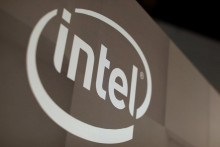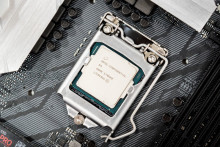Intel says patches can cause reboot problems in old chips
Intel Corp on Thursday said that recently-issued patches for flaws in its chips could cause computers using its older Broadwell and Haswell processors to reboot more often than normal and that Intel may need to issue updates to fix the buggy patches.
In a statement on Intel’s website, Navin Shenoy, general manager of the company’s data center group, said Intel had received reports about the issue and was working directly with data center customers to “discuss” the issue.













































































